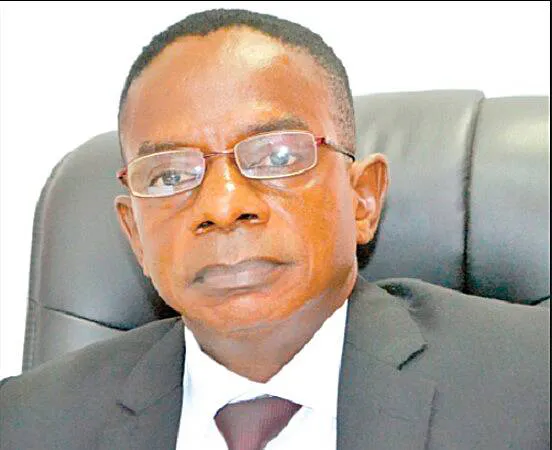The Office of the Auditor-General has embarked on a comprehensive payroll audit encompassing all institutions connected to the Controller and Accountant-General’s payroll system, including government-subsidized organizations. This extensive review, covering the two-year period from January 1, 2023, to December 31, 2024, aims to meticulously examine the accuracy and legitimacy of payroll records for Ministries, Departments, Agencies (MDAs), and other entities receiving public funding. The audit represents a significant step towards enhancing transparency and accountability in the management of public resources, with a particular focus on identifying and eliminating payroll fraud and ensuring the efficient allocation of public funds. The Auditor-General’s office has emphasized the importance of full cooperation from all participating institutions to facilitate a smooth and timely audit process.
A central element of this comprehensive audit is a complete headcount of all government-paid employees. This meticulous exercise will serve as a crucial tool for identifying any discrepancies or irregularities within the payroll system, including the detection of ghost names, fraudulent entries, or other forms of payroll manipulation. By physically verifying the presence of each employee on the payroll, the audit aims to establish a definitive record of legitimate government employees, thereby laying the groundwork for a more accurate and transparent payroll system. This comprehensive headcount will also provide valuable data for assessing the effectiveness of existing payroll controls and identifying areas for improvement.
The scope of the audit goes beyond simply verifying the existence of employees. It also entails a thorough examination of payroll records to ensure that salaries, allowances, and other benefits are being disbursed accurately and in compliance with applicable regulations. This includes scrutinizing the processes for calculating and processing payroll, verifying the accuracy of employee data, and confirming that deductions for taxes, social security, and other contributions are being handled correctly. By meticulously reviewing these critical aspects of payroll management, the audit aims to identify any instances of overpayment, underpayment, or unauthorized disbursements, thereby safeguarding public funds and ensuring that employees receive their rightful entitlements.
The Auditor-General’s office has issued a formal statement underscoring the importance of cooperation from all participating institutions. The statement emphasizes that auditors must be granted unhindered access to all relevant records, including financial documents, personnel files, and electronic databases. This unrestricted access is essential for enabling auditors to conduct a thorough and impartial examination of payroll practices, identify any potential irregularities, and gather the necessary evidence to support their findings. The statement also highlights the importance of transparency and accountability in the management of public funds and emphasizes that the audit is being conducted in the public interest.
The comprehensive payroll audit represents a significant commitment to strengthening public financial management and promoting good governance. By rigorously examining payroll practices across all government entities, the audit aims to identify and address any weaknesses or vulnerabilities in the system, thereby reducing the risk of fraud and ensuring the efficient and effective use of public resources. The audit’s findings will be instrumental in informing policy decisions and implementing necessary reforms to improve payroll management practices, strengthen internal controls, and enhance transparency and accountability within the public sector.
This proactive approach to auditing payroll systems reflects a broader trend towards greater scrutiny of public finances and a growing emphasis on ensuring that public funds are being used responsibly and for their intended purposes. The audit’s outcome is expected to provide valuable insights into the effectiveness of existing payroll controls and identify areas where improvements can be made to enhance the integrity and efficiency of the payroll system. Ultimately, the goal is to create a more robust and transparent payroll system that protects public funds, ensures fair compensation for government employees, and promotes public trust in government institutions.














